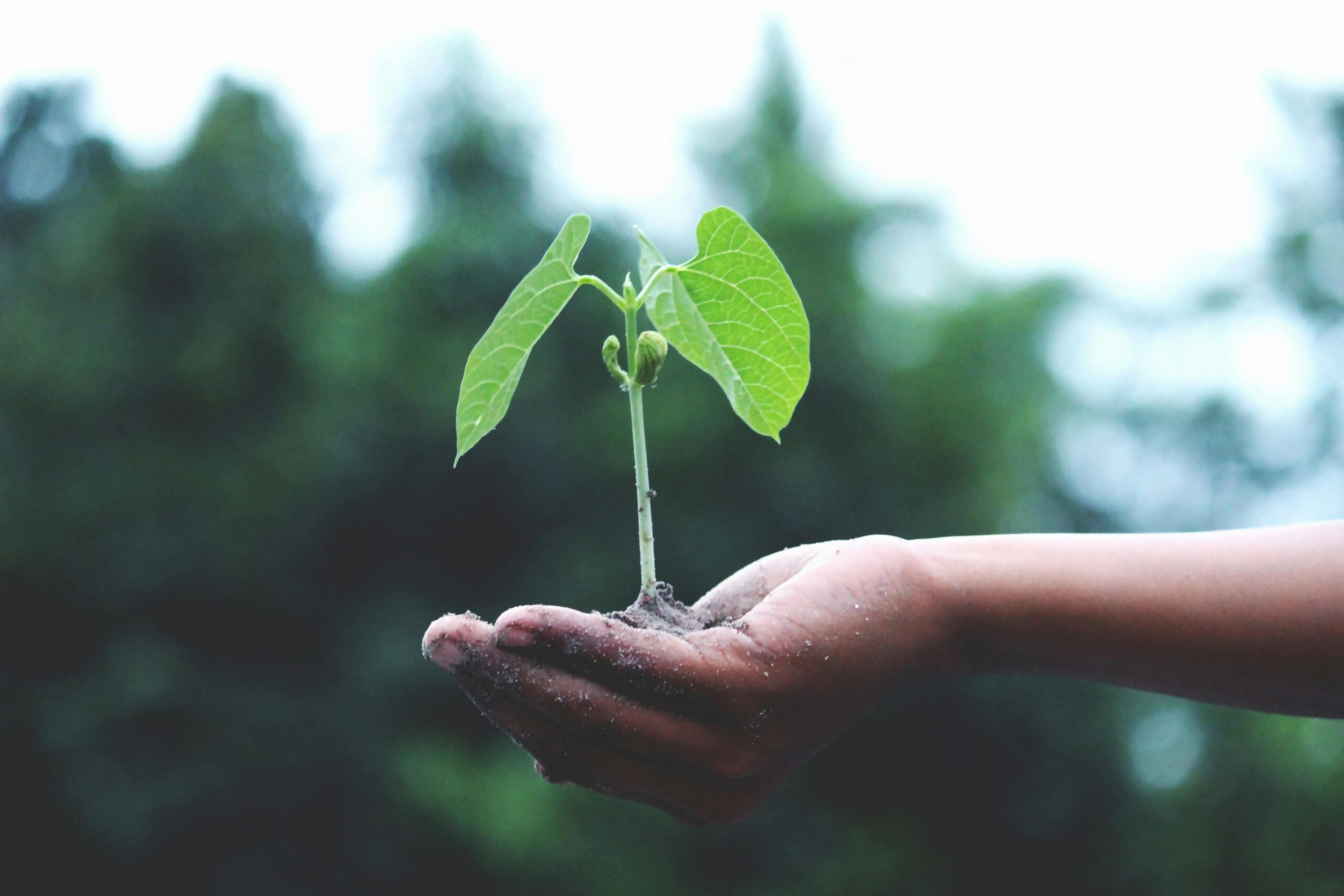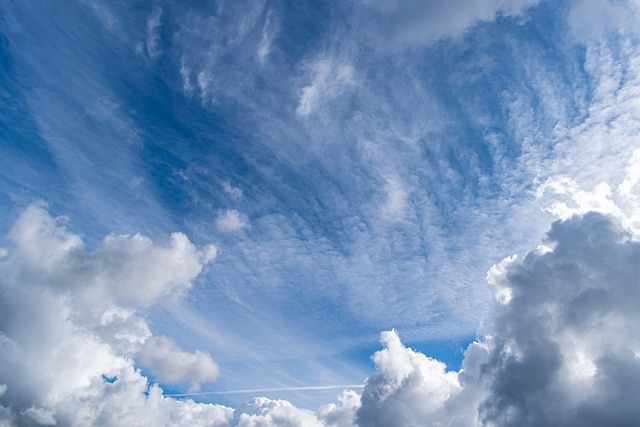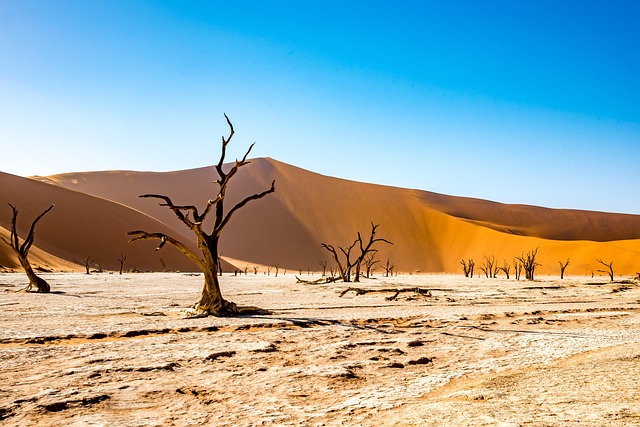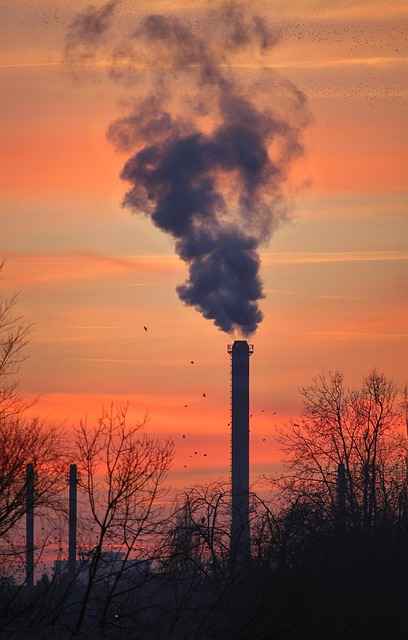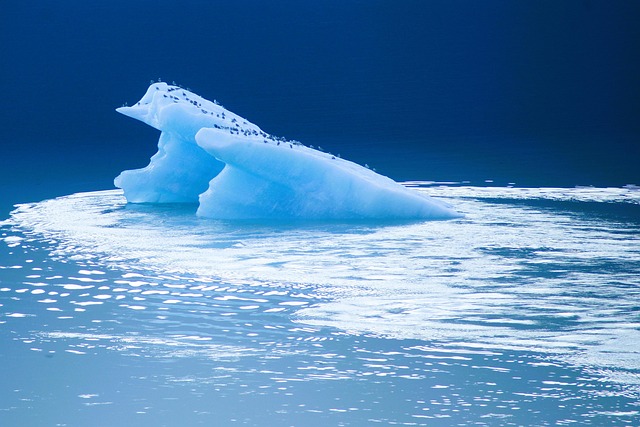
Climate change
Climate change affects people’s health and daily lives in many different ways. It puts at risk the fundamental necessities for well-being, such as fresh air and safe drinking water.
It also threatens access to nutritious food and secure housing. As a result, it could reverse years of progress in improving health worldwide.
Climate change news
China has set a target to reach the highest level of its climate emissions by roughly 2030. This marks the nation’s self-declared timeline for peaking pollution.
Independent studies indicate that this peak may have already been reached, about five years earlier than planned. Current data suggests that emissions are now beginning to fall.
What is climate change?
The primary greenhouse gases driving climate change are carbon dioxide and methane. These gases are released when people burn gasoline in cars or use coal to heat buildings.
Deforestation and land clearing can also emit carbon dioxide into the atmosphere. Methane is mainly produced by farming activities as well as oil and gas operations.
Climate change definition
The weather is constantly shifting due to instabilities in the atmosphere. Day by day, conditions can fluctuate, showing that nothing in the weather remains exactly the same.
Similarly, climate also changes, from the daily cycle of day and night to spans of hundreds of millions of years in geologic time. In essence, climate is never static—no two years, decades, centuries, or millennia are identical.
Is climate change real?
The natural events mentioned earlier show that climate change exists. However, this only tells part of the story.
Human actions also influence the climate. Most scientists agree that these activities are increasingly shaping the future of Earth’s climate.
What causes climate change?
The primary driver of climate change is the use of fossil fuels—like coal, oil, and natural gas—for energy production and transportation. Burning these fuels releases harmful gases that trap heat in the atmosphere.
Human actions such as deforestation and agriculture also contribute to this problem. These activities emit greenhouse gases, causing the planet to warm and the climate to become more unstable.
Best climate change
Global warming has caused a rise in the planet’s average temperatures. This has also triggered more frequent and severe weather events, such as floods and hurricanes.
The oceans are heating up, and the ice sheets are melting faster. As a result, many once-comfortable cities are becoming harder to live in.
Effects of climate change
Human-caused increases in heat-trapping greenhouse gases are already altering Earth’s climate.
These changes are leading to shrinking glaciers and ice sheets, earlier breakup of river and lake ice, shifts in where plants and animals live, and earlier blooming of trees and flowers.
Scientists had long foreseen that global warming would bring such consequences.
Now these impacts are visible in the form of sea ice decline, faster sea level rise, and longer, more extreme heat waves.
Climate change 2025
The 2025 United Nations Climate Change Conference will mark the 30th session of the Conference of the Parties under the UNFCCC. This event is widely referred to as COP30.
It is scheduled to take place in Belém, Brazil. The conference will run from November 10 to November 21, 2025.
Climate change articles
The amount of hydrogen in the atmosphere has risen by 60% compared to pre-industrial levels. This highlights the significant influence fossil fuel combustion has had on the makeup of the air.
While hydrogen itself is not considered a greenhouse gas, it contributes to warming in indirect ways. This happens through its chemical interactions with other atmospheric molecules.

